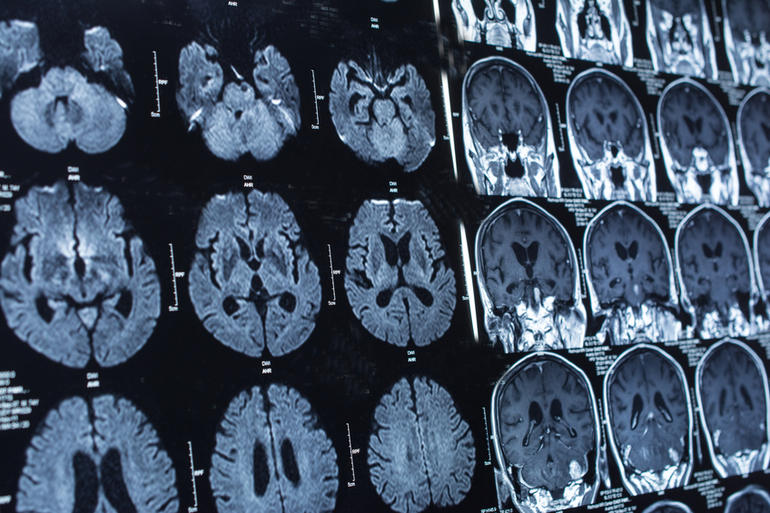-
Tips for becoming a good boxer - November 6, 2020
-
7 expert tips for making your hens night a memorable one - November 6, 2020
-
5 reasons to host your Christmas party on a cruise boat - November 6, 2020
-
What to do when you’re charged with a crime - November 6, 2020
-
Should you get one or multiple dogs? Here’s all you need to know - November 3, 2020
-
A Guide: How to Build Your Very Own Magic Mirror - February 14, 2019
-
Our Top Inspirational Baseball Stars - November 24, 2018
-
Five Tech Tools That Will Help You Turn Your Blog into a Business - November 24, 2018
-
How to Indulge on Vacation without Expanding Your Waist - November 9, 2018
-
5 Strategies for Businesses to Appeal to Today’s Increasingly Mobile-Crazed Customers - November 9, 2018
Google DeepMind to apply AI to head and neck cancer treatments
In head and neck cancer patients, this procedure is much more hard as their tumors are often situated close to healthy structures such as the eyes and nerves.
Advertisement
DeepMind, the Google subsidiary that beat a human contestant in the notoriously complex game of Go and is helping cut Google’s datacenter costs, will be conducting cancer treatment research at the Radiotherapy Department at University College London Hospitals (UCLH) NHS Foundation Trust.
Cancer located in the mouth or sinuses can be hard to treat with radiotherapy without damaging other organs or nerves, and Google wants to use artificial intelligence to create more detailed outlines of areas that need treatment.
‘Clinicians will remain responsible for deciding radiotherapy treatment plans but it is hoped that the segmentation process could be reduced from up to four hours to around an hour, ‘ the official press release stated. However, this becomes hard in the head and neck areas, as tumors can be extremely close to vital organs.
At present, it takes four hours to map out the areas of the body that are to be treated, and the areas to avoid – which is referred to as segmentation. Google’s machine learning division, DeepMind, thinks AI can help ease the burden.
The former patients have consented to their anonymised scans being used for medical research. DeepMind also intends to use the data it gleans from analyzing the samples to develop a radiotherapy segmentation algorithm that can be applied to other parts of the body.
The aim is to see whether it is possible to develop an algorithm that can distinguish cancerous tissue from healthy tissue, enabling automatic and more reliable diagnosis.
“This has the potential to free up clinicians to spend more time on patient care, education and research, all of which would be to the benefit of our patients and the populations we serve”. Head and neck cancer in general affects over 11,000 patients in the United Kingdom each year.
Advertisement
The collaboration comes after February’s announcement that DeepMind is working with the Royal Free hospital to monitor patients’ kidney functions to help catch and treat acute kidney failure in inpatients, and July’s announcement of a research project in conjunction with Moorfields Eye Hospital, to examine the possibility of using machine learning to identify eye conditions in retinal scans. “This would not only benefit UCLH patients, but patients across the country”.





























